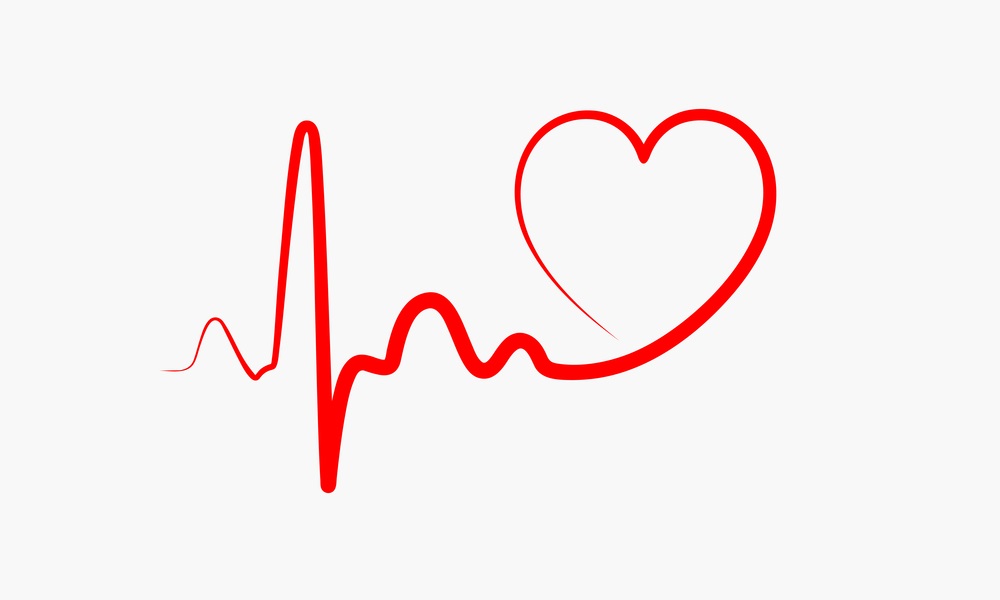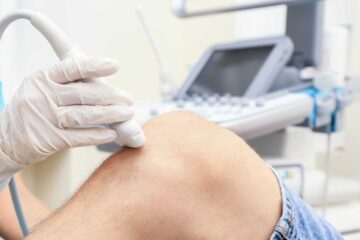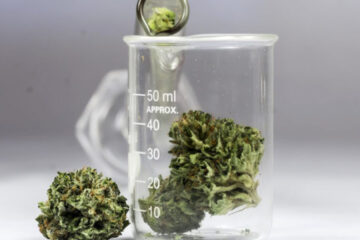
We may realise heartbeat when we encounter a very emotional event such as from being too stressed out, too excited or nervous. We may also feel heartbeat after performing heavy activities or when we are too tired. Ironically, we never really realise our heart is beating for most times of the day. Taking care of heart health is important because you will only have one heart throughout your life and it will beat to the end of your time. In this article, we will learn more about heart rate reserve.
Heart rate reserve is the difference between the maximum heart rate and the resting rate. Maximum heart rate is the number of beats per minute which the heart is able to reach during exercises or the highest rate which the heart can pump. The resting heart rate is the number of beats per minute when a person is not exercising or taking rest. Heart rate is the number of times the heart beats in one minute. Heart rate reflects cardiac output. Cardiac output is the amount of blood pumped by the heart in 1 minute.
Heart rate reserve is more accurate as it allows better target for heart rate to be determined for optimum training capacity. As the heart rate reserve increases, the heart rate at rest has to drop. This is a beneficial parameter calculated by athletes to increase their performances. Heart rate reserves help people to better understand their current fitness level and how hard a person has worked during exercise.
Heart rate reserve is an important part in calculating target heart rate. Target heart rate is important in determining optimal training capacity for certain activities. Target heart rate will change depending on what is expected from the exercise. In general, cardio exercise is divided into moderate-intensity exercise and vigorous-intensity exercise. Vigorous-intensity exercise needs a high amount of intensity in a short period of time. This is in contrast with moderate-intensity exercise requiring moderate effort and the intensity is sustained relatively for a long time. The Physical Activity Guidelines for Americans recommend getting 150–300 minutes of moderate-intensity activity, 75–150 minutes of vigorous activity, or a combination of both every week.
An increase in cardio fitness can increase heart rate reserve. It can help lower the resting heart rate which means the heart does not need to work as hard to pump blood out since the heart already is stronger. It may also help to increase maximum heart rate which means a person is able to exercise at higher intensity for a longer period of time. It is worth noting that maximum heart rate is mostly age-based and quite difficult to change with exercise since only small effects can be seen. By increasing maximum heart rate and lowering resting heart rate, heart rate reserve will be large. This indirectly means that a person should be able to reach a higher target heart rate.
To achieve a larger functional heart rate reserve, the chief mechanism is to lower the resting heart by building cardiovascular fitness with activities such as brisk walking, jogging, running, cycling, and other endurance exercises. These cardio exercises make the lungs and heart work more and the regular work of these two organs can build the cardiovascular capacity. Combining moderate-intensity and vigorous intensity exercise can help achieve a higher target heart rate, large heart rate, increased maximum heart rate and low resting heart rate.
Those new to exercise may want to be careful when planning for cardio fitness. It is best to start off slowly and get used to moderate-intensity exercises a few times per week. Moderate-intensity exercise may be a 5 to 10 minute walk while for others maybe an hour long bike ride. In general, start with your current fitness level and make gradual improvements. As fitness levels improve, people may want to gradually add vigorous-intensity exercise a few days per week. Those who have underlying medical conditions such as heart disease may need to discuss with their doctor first before enrolling in intense exercises.
It can be concluded that heart rate reserve is simply the difference between the maximal and resting heart rate. Knowing heart rate reserves can determine the intensity needed to reach target heart rate. Heart rate reserve is important for most athletes looking forward to improving their performance. To improve cardio fitness, a combination of moderate and vigorous intensity exercise every week can provide the desired fitness outcome. Study shows that heart rate reserve may be an important exercise test parameter to predict cardiovascular mortality.
Aside from exercise, taking care of the heart needs a good healthy lifestyle. This includes practising healthy eating habits such as eating a heart healthy diet, avoiding smoking and drinking excessive alcohol, have a good night sleep and to learn how to manage stress effectively. Regular check-ups can detect early problems with the heart and enable those affected to get early treatment or intervention.
What are blue lotus gummies and their benefits?
March 24, 2025Role of shockwave therapy in treating relationship-related ED
February 27, 2025Tips for Consuming Delta-8 Gummies for Gamers
January 27, 2025
Comments are closed.
-
How Is Delta-8 THC Prepared?
April 16, 2022 -
5 Advantages of Buying Baby Clothes in Bulk
December 18, 2021 -
Signs of a Clogged Drain Line and the Causes
June 26, 2021





